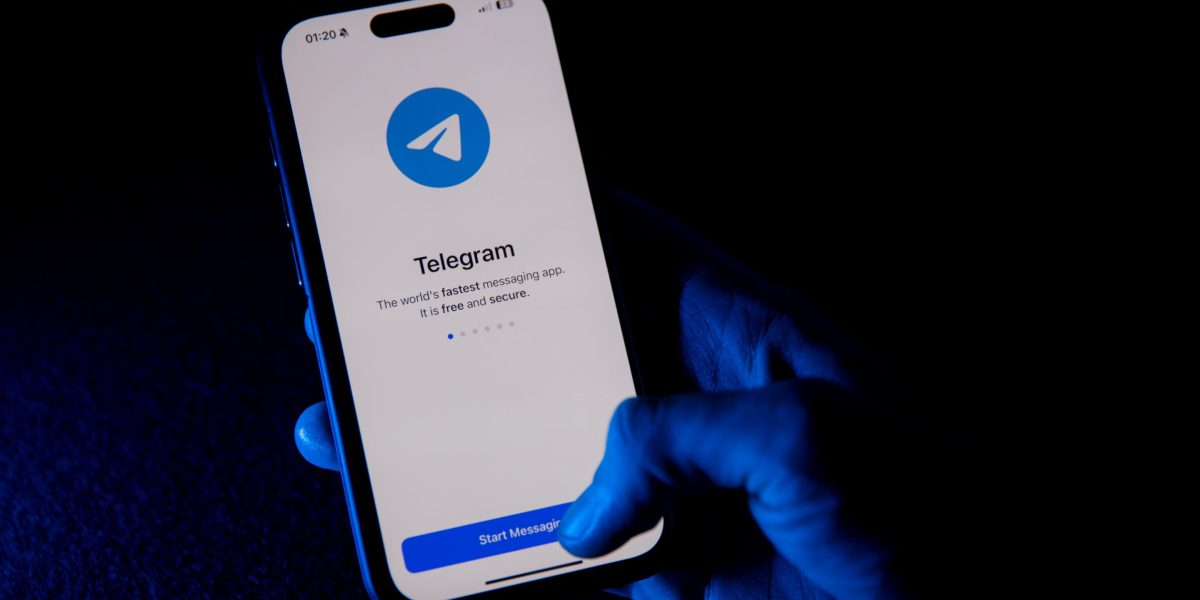The fight to protect end-to-end encryption is a never-ending one, and it’s seen some setbacks in recent months, most notably the passage in the U.K. of the Online Safety Act, which (theoretically, for now) empowers the government there to order communications providers like Signal or WhatsApp to bypass the strong encryption on their messages.
Well, here’s some good news for those who are keen on protecting their messages from prying eyes. The European Court of Human Rights said today that, while security services may want to decrypt some people’s communications to fight crime, weakening encryption for some people means weakening it for all—and that would violate human rights law (specifically, Article 8 of the European Convention on Human Rights, which guarantees the right to privacy).
[…]



I read this article and there is a lot of untruths, for example that Telegram was able to defeat the Russian government by simply changing the IP address, that Telegram is operating outside the law, not following Russian laws, not giving out encryption keys and not cooperating with the state
Nowhere in the article is “defeat” mentioned. The article reads:
Edit:
This is my last comment. You succeeded in derailing the thread. Congratulations.